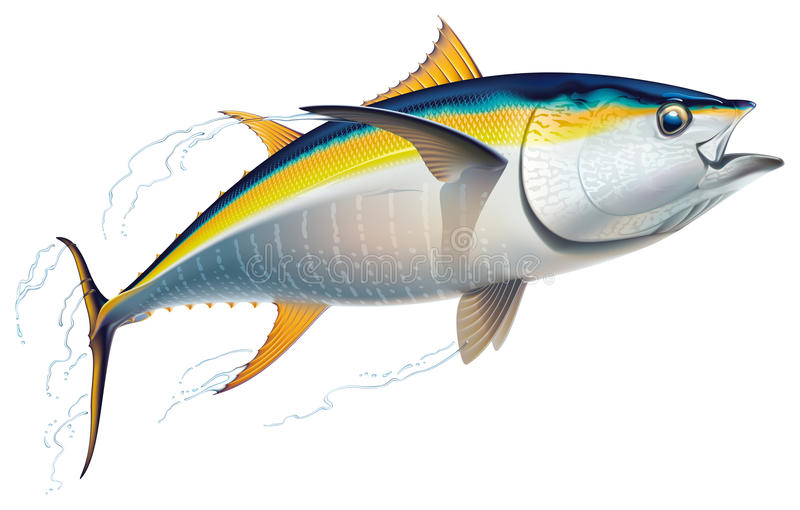The 2017 Intersessional Meeting of the International Commission for the Conservation of Atlantic Tunas (ICCAT) Sub-committee on Ecosystems (SC-ECO) was held in Madrid, Spain, from 10-14 July 2017. The Albatross and Petrel Agreement was represented by Anton Wolfaardt, Convenor of its Seabird Bycatch Working Group.
The previous intersessional meeting of ICCAT’s SC-ECO took place in September 2016, at which the latest (current) ACAP best-practice advice for mitigating seabird bycatch in pelagic longline fisheries was presented, together with a paper outlining the work being progressed to develop ACAP bycatch indicators and a reporting framework. At its 2016 meeting, the SC-ECO recommended that ICCAT’s Supplemental Recommendation on Reducing Incidental Bycatch of Seabirds in ICCAT Longline Fisheries (Rec 11-09) be updated to conform with the revised ACAP advice on line weighting. The SC-ECO acknowledged the updated advice from ACAP on the addition of the two hook-shielding devices as stand-alone best-practice measures.
However, given the novel nature of these measures, and that the source papers used by ACAP to conduct their assessment are still in the process of being peer-reviewed for publication, the SC-ECO was of the view that it is premature at this point to recommend their inclusion in the list of available seabird mitigation measures for ICCAT fisheries.
Because there has not been a subsequent ACAP meeting since the 2016 SC-ECO meeting, and the ACAP advice presented to the 2016 meeting of ICCAT’s SC-ECO remains current, no formal ACAP papers were presented at the 2017 meeting. However, a number of papers pertaining to seabird bycatch were presented by ICCAT Parties and other organisations, and discussed at the meeting. These included papers providing updated estimates of seabird bycatch for some ICCAT fisheries, results from ongoing research into the efficacy of seabird bycatch mitigation measures, the use of bill-length measurements of bycaught birds as a tool to distinguish species in the wandering albatross Diomedea species complex, updates from initiatives underway to assess seabird bycatch associated with ICCAT and other tuna fisheries, and results from a recent analysis of the overlap of albatrosses from South Georgia (Islas Georgias del Sur)* and ICCAT fisheries, the latter confirming the importance of the ICCAT area for South Georgia (Islas Georgias del Sur)* albatrosses. Many of these initiatives are ongoing, and will help contribute to a review of Rec 11-09. Some of these issues will also be discussed at the forthcoming meeting of ACAP’s Seabird Bycatch Working Group (SBWG8) to be held in Wellington, New Zealand this September. The intention is to develop updated inputs and advice to present to the 2018 intersessional meeting of ICCAT’s SC-ECO, and to other Regional Fisheries Management Organisations.

Yellow-fin Tuna
Anton Wolfaardt, Convenor, ACAP Seabird Bycatch Working Group, 02 August 2017
*A dispute exists between the Governments of Argentina and the United Kingdom of Great Britain and Northern Ireland concerning sovereignty over the Falkland Islands (Islas Malvinas), South Georgia and the South Sandwich Islands (Islas Georgias del Sur e Islas Sandwich del Sur) and the surrounding maritime areas.

 English
English  Français
Français  Español
Español